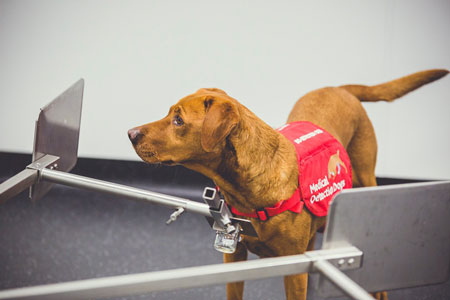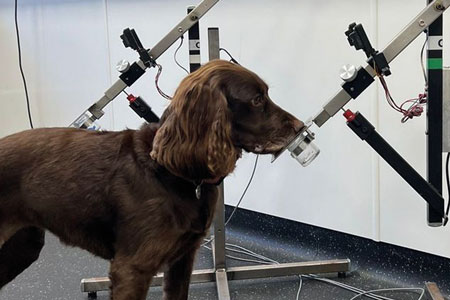Cancer touches all our lives in some way. It is well known that early diagnosis is key to survival and sadly, many people do not survive it due to late diagnosis.
Current screening methods are not always successful; tests for prostate cancer, the third biggest cancer killer in the UK, often give false positive results leading to costly and unnecessary further tests and anxiety for the patient and their family. Almost 85% of patients presenting colorectal symptoms are subjected to invasive colonoscopy procedures that often demonstrate no significant disease and as such, population uptake for screening has been historically low.
Improving the speed of cancer diagnosis is one of the biggest challenges facing the NHS.


